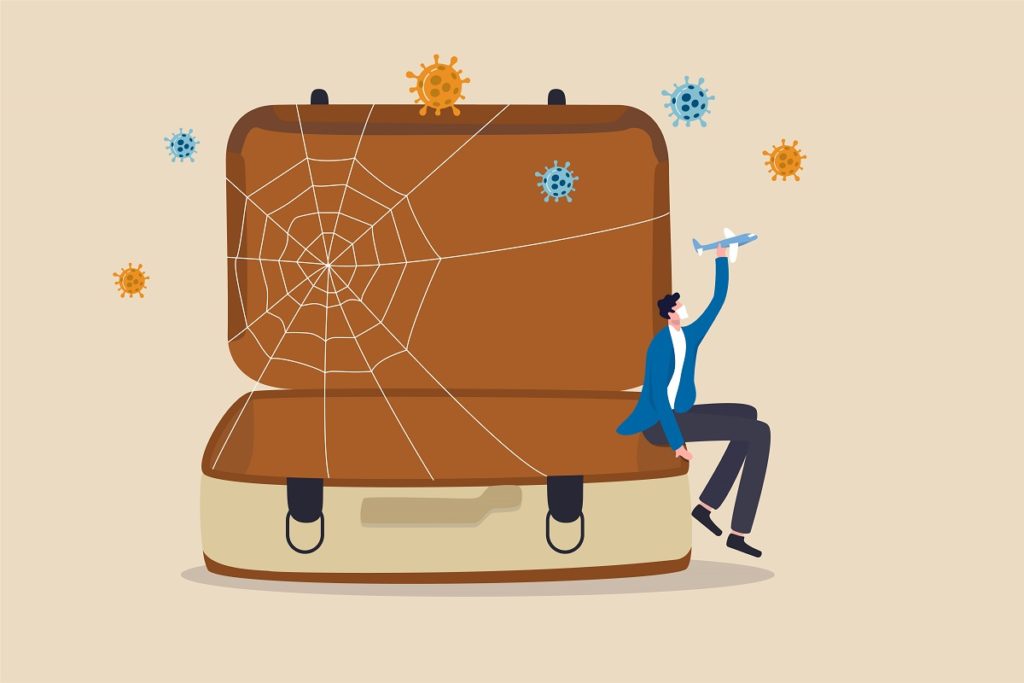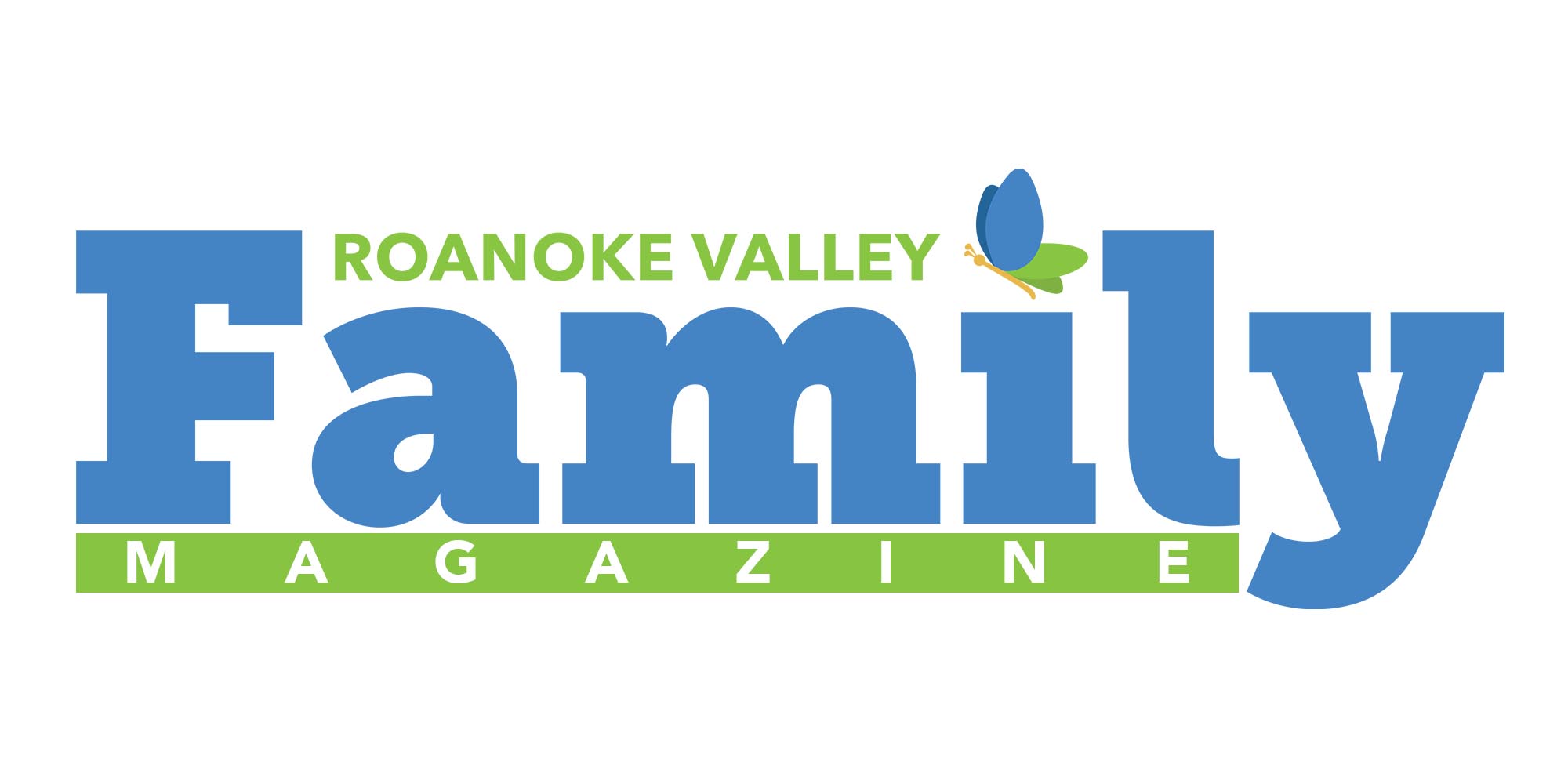Planes, Trains, Automobiles and Coronavirus

Courtesy of Carilion Clinic
Summertime means travel, even in a pandemic year. In fact, having been under quarantine or stay-at-home orders for several months, people are more anxious than ever to get away from it all on a much-needed vacation.
Epidemiologists and infectious disease experts agree that this year, a staycation is a better idea.
The Virginia Department of Health makes it clear: “Because travel increases your chances of getting infected and spreading COVID-19, staying home is the best way to protect yourself and others from getting sick.”
Virginia has moved into “phase three” of lowering restrictions on businesses, but it is important to understand that nothing about the virus has changed in recent weeks:
- It still has a long incubation period during which people often show no symptoms
- It still spreads most easily through droplets as well as via contaminated surfaces
- And it still can have devastating health impacts for older seniors and people with chronic health conditions
This means that even if you were to reach your destination without being exposed to COVID-19 along the way, you can still bring the virus with you—or bring it back home.
VDH recommends you consider the following when deciding whether or not to travel:
- Is COVID-19 spreading where you’re going?
- Is COVID-19 spreading in your community?
- Will you or those you are traveling with be within 6 feet of others during or after your trip?
- Are you, those you are traveling with or those you live with more likely to get very ill from COVID-19?
- Does your state or local government—or at your destination—require you to self-isolate for 14 days after traveling?
- If you get sick with COVID-19, will you have to miss work or school?
Finally, do not travel if you or anyone else in your household is sick, or if you have family members who cannot wear a mask for any reason.
If You Must Travel
Anthony Baffoe-Bonnie, M.D., medical director of Carilion Clinic's Infection Prevention and Control Department, spoke recently about how to travel as safely as possible—if you must travel at all.
Start with the basics:
- Stay home as much as possible
- Practice social distancing by staying at least six feet from others, avoiding crowds and mass gatherings and limiting close contact with anyone not in your household
- Wash your hands frequently with soap and water, and with alcohol-based hand sanitizer when soap and water are not available
- Wear a mask whenever you are in public places, such as a grocery store or gas station
Vehicle Travel
For guidance about traveling by car, and precautions to take before you hit the road and during your drive, see “Is It Safe To Visit Grandpa?”
According to Dr. Baffoe-Bonnie, vehicle travel with those in your household is the safest option.
“If you can avoid traveling with multiple passengers coming from different places, that is also good,” he said.
That includes using ride-sharing apps like Uber and Lyft. Dr. Baffoe-Bonnie makes the following recommendations:
- Open the windows and let fresh air come through
- Use hand sanitizer as you get in, and when you get out
- Wear a mask and encourage the driver to wear a mask
- Stick with natural air instead of recirculating air conditioning
“The key thing is trying not to be in a congregated setting,” said Dr. Baffoe-Bonnie.
Air Travel
According to VDH, air on planes is filtered and circulated in a way that “most viruses and other germs do not spread easily on flights.”
However, air travel requires spending time in close proximity to many strangers and frequently touched surfaces:
- At check-in and baggage check
- At the TSA checkpoint
- When boarding and deplaning
- In terminals
- On shuttles
In addition, social distancing is difficult on crowded flights, and you may have to sit within six feet of others for long periods of time. This may increase your risk for exposure to the virus that causes COVID-19.
Dr. Baffoe-Bonnie's recommendation is clear: “Avoid air-travel if feasible at this time.”
If it is unavoidable, “try to maintain that six feet of social distance as much as possible, consistent with the use of a face mask as much as possible.”
He also emphasizes continuous hand hygiene: “It’s not unusual to touch parts of our faces and lips when we don’t even know we’re doing it,” he said.
Hotel and Airbnb Stays
Hand washing, mask wearing and social distancing are vital when you stay in lodging that other people have recently used.
“Hand hygiene is probably the most important thing in these settings,” says Dr. Baffoe-Bonnie. “You can probably take the face mask off when you are alone or only with your family.”
He recommends making sure ahead of time that the facility is reputable and has—and sticks to—thorough cleaning and safety practices.
Coming Home: Do You Need To Self-Isolate?
Like many things related to COVID-19, self-isolation after travel depends on various factors.
Dr. Baffoe-Bonnie points out that even if you don’t feel ill, the type of work you do may determine whether self-isolation is called for.
“If you care for sick people and travel to a high-risk area, self-isolation is prudent,” he says.
On the other hand, if you have practiced social distancing, worn a face mask and practiced good hand hygiene consistently, then you might want to watch for symptoms before making a decision about self-isolation.
Once you have been home a few days, Dr. Baffoe-Bonnie recommends reaching out to the people you were close to while traveling.
“Find out if they are still doing well,” he says. “If they became sick a day or two after you left them and are being tested for COVID, you want to quickly self-isolate and let your doctor know as well.”
Limiting exposure to others is crucial, because, as Dr. Baffoe-Bonnie points out, reaching out to those you were in contact with while traveling would not be feasible if you were with large crowds of people.
“That’s why one of the things we encourage is, when one has to meet with crowds or with multiple people, try and make it as small and manageable a number as possible and preferably outdoors.”
Best Practices
The bottom line is that, in spite of policy changes, the prevention guidelines for individuals and families remain the same:
- Stay home as much as possible
- Practice social distancing by staying at least six feet from others, avoiding crowds and mass gatherings and limiting close contact with anyone not in your household
- Wash your hands frequently with soap and water, and with alcohol-based hand sanitizer when soap and water are not available
- Wear a mask whenever you are in public places, such as a grocery store or gas station
And to be as safe as possible, this year we encourage you to enjoy your staycation.





